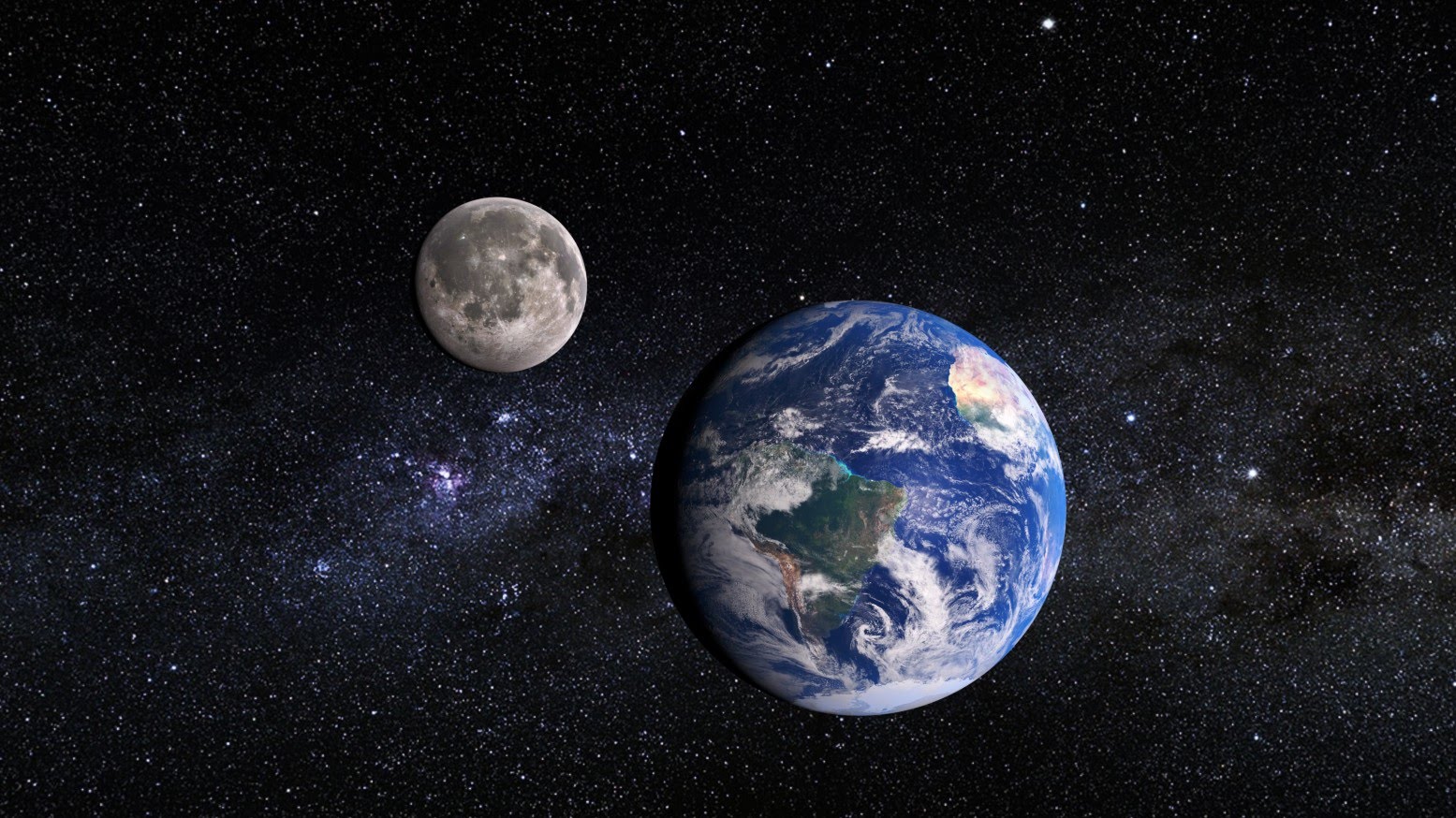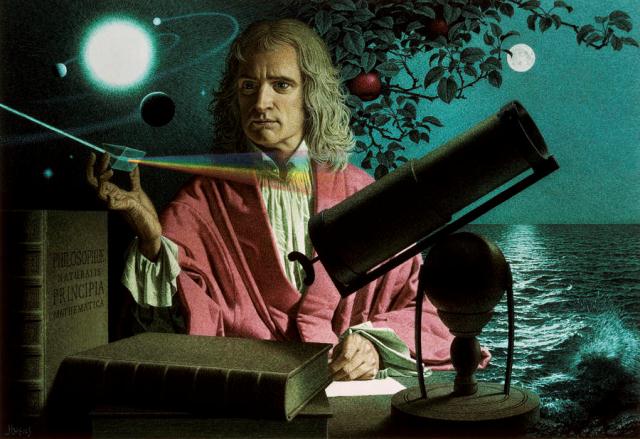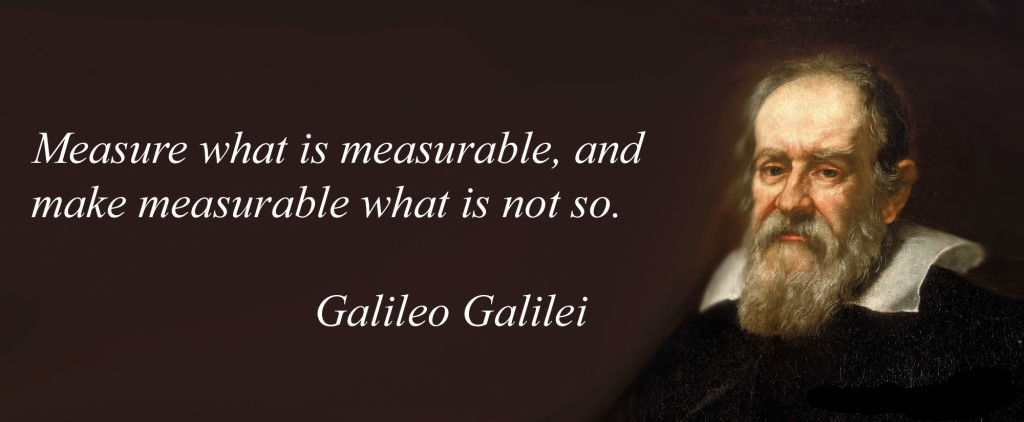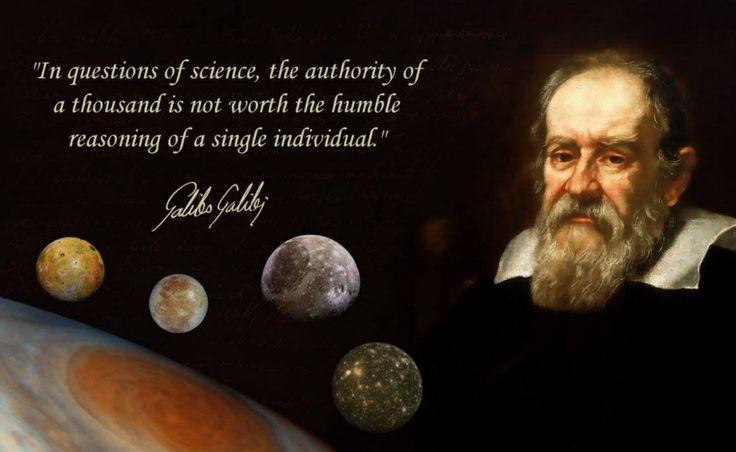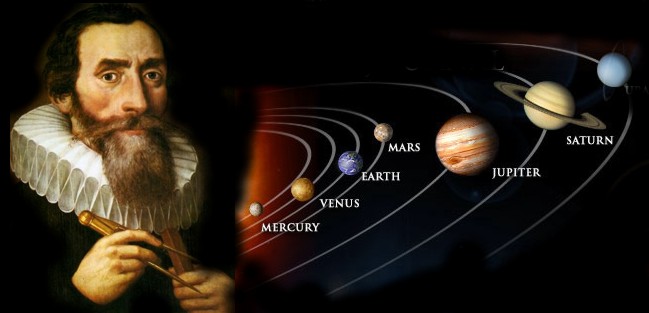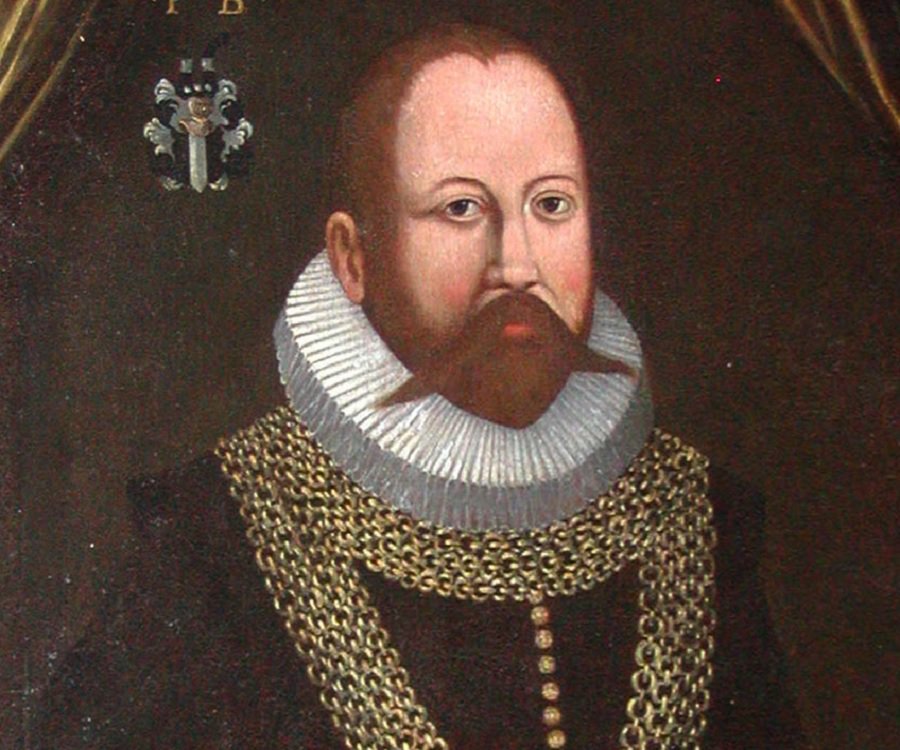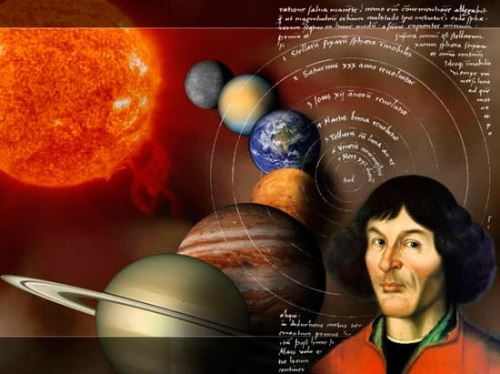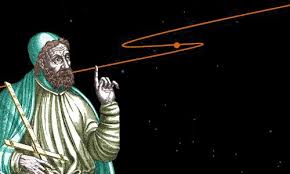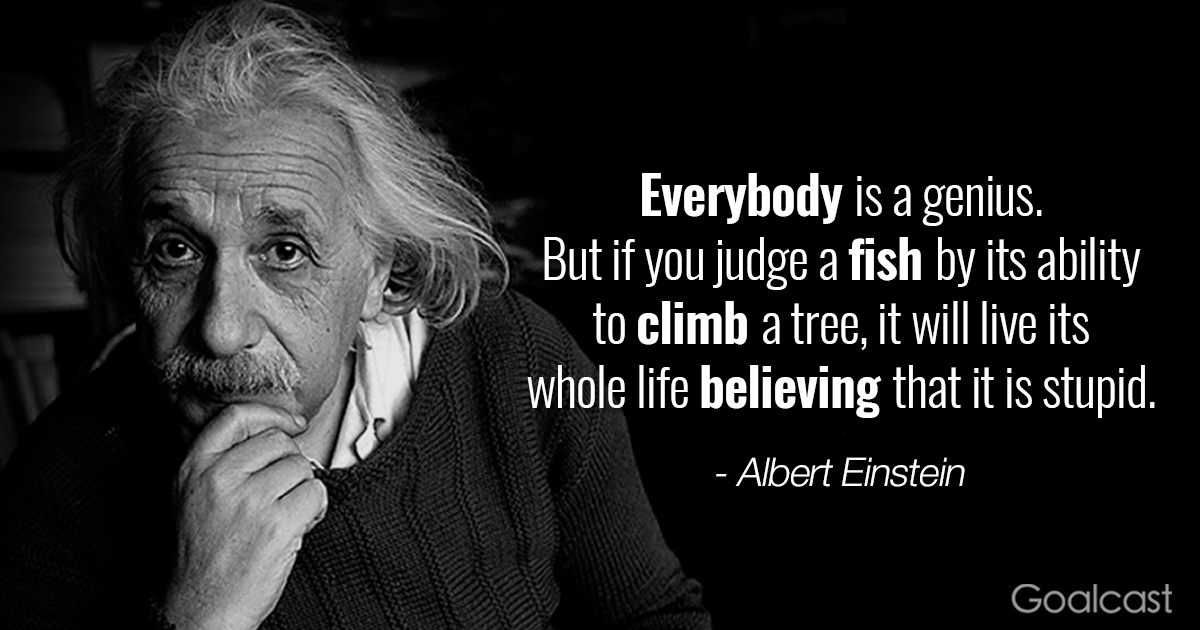
Albert Einstein’s name literally sends shivers down my spine.
This is the man who discovered physics as we know it. This is the man who filled in the gaps where even Newton’s laws of motion went wrong and expanded our understanding of the universe.
This man was a genius in every right—even if his social skills were somewhat lacking.
By the way…I can’t help but notice this is my first post with actual photographs of the scientist in question, instead of portraits. We’re moving along, people…
So. To the point. Einstein is famous for taking revolutionary and widely accepted laws of physics—those that Newton figured out—and showing where there were some holes in the math. But Einstein wasn’t just an annoying critic.
He took it all a step further…and showed us how physics really works.
He came up with the idea of relativity.
Continue reading
